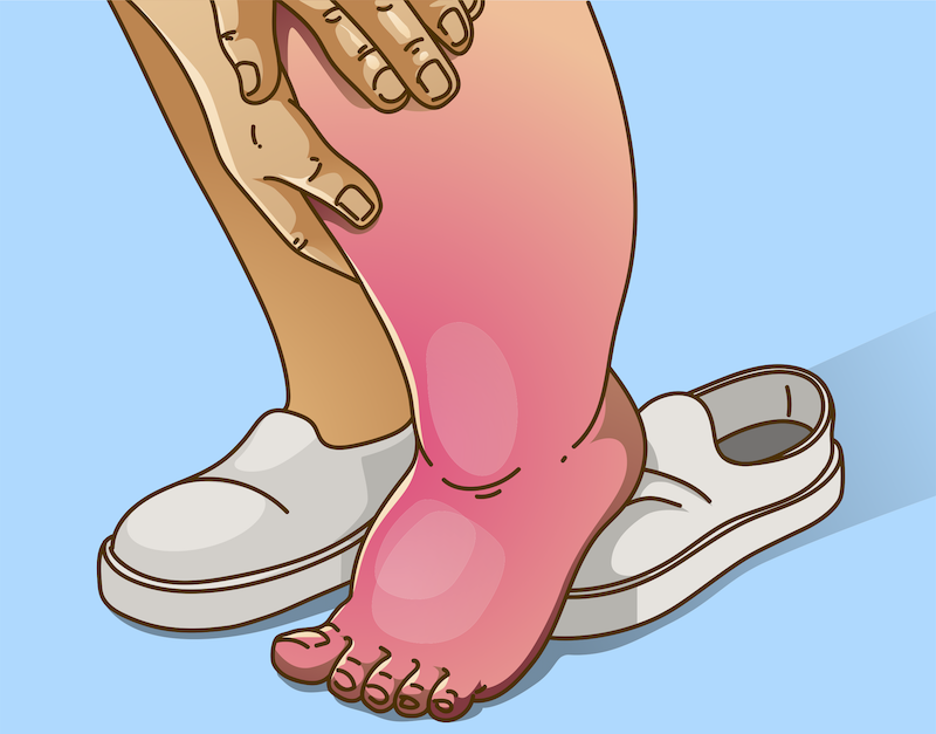Newsletter Video, August 2022
Click Below - Add Your Own Comment
August Monthly Resources
Below you'll find some information about swelling and some thoughts on how to better manage it.
Disclaimer: Before you try these or any other exercises, consult with your physical therapist or physician first.
Some Thoughts on How to Handle Edema

Swelling in the body can happen for many reasons. Summer heat can cause your arms or legs to swell if you've been sitting or standing for a while. Body parts can also swell from overuse or an injury. But sometimes, swelling is a sign of an underlying medical condition.
When your body fluids build up in one place, it can lead to swelling. This is called edema. You can get edema anywhere in your body - your feet, legs, ankles, hands, or even face. It can appear in one place or in many body parts at the same time.
Treatment for edema depends on the cause. If the swelling is caused by a drug, inform your doctor and see if switching to a different type of medication may help.
If you experience sudden swelling in one or more limbs, or minor swelling that's getting worse over time, see a health care provider right away. Early treatment for many types of swelling can reduce symptoms in the long term, Singhal explains.
5 Tips for Living with Edema
- Wear loose clothing and shoes that aren't too tight. The exception is when your doctor recommends compression garments. These are meant to be tight.
- Prop up swollen legs. Raise your feet up when sitting or lying down if you have edema in your legs. Keep them above the level of your heart if you can.
- Exercise gently. Moving the part of your body with swelling can help with symptoms. Ask your physical therapist for safe exercises to do.
- Limit salt in your diet. The sodium in salt can cause the body to retain fluid. Check food labels for sodium content.
- Take medications as prescribed. If your doctor prescribes medication for edema, take it exactly as instructed.
Newsletter Video Archive
Disclaimer
The information in this video is intended for informational and educational purposes only and in no way should be taken to be the provision or practice of physical therapy, medical, or professional healthcare advice or services. The information should not be considered complete or exhaustive and should not be used for diagnostic or treatment purposes without first consulting with your physical therapist, occupational therapist, physician or other healthcare provider. The owners of this website accept no responsibility for the misuse of information contained within this website.
